We have an urge to categorize companies, and when our limited perspective is of a company that helps with design, we categorize it as an EDA company. That was my view of Magillem, but I have commented before that my view is changing. I’m now more inclined to see them more as the design equivalent of a business intelligence organization… Read More
 CEO Interview with Juniyali Nauriyal of PhotonectJuniyali Nauriyal is the CEO and Co-Founder of…Read More
CEO Interview with Juniyali Nauriyal of PhotonectJuniyali Nauriyal is the CEO and Co-Founder of…Read More What is the 3nm Pessimism Wall and Why is it An Economic Crisis?Chip design is getting more difficult as technology…Read More
What is the 3nm Pessimism Wall and Why is it An Economic Crisis?Chip design is getting more difficult as technology…Read More CEO Interview with Aftkhar Aslam of yieldWerxAftkhar Aslam is the Co-Founder and Chief Executive…Read More
CEO Interview with Aftkhar Aslam of yieldWerxAftkhar Aslam is the Co-Founder and Chief Executive…Read More Intelligent Networks: Power, Reliability, and Maintenance in Telecom — Webinar PreviewThe upcoming webinar “Intelligent Networks: Power, Reliability, and…Read More
Intelligent Networks: Power, Reliability, and Maintenance in Telecom — Webinar PreviewThe upcoming webinar “Intelligent Networks: Power, Reliability, and…Read More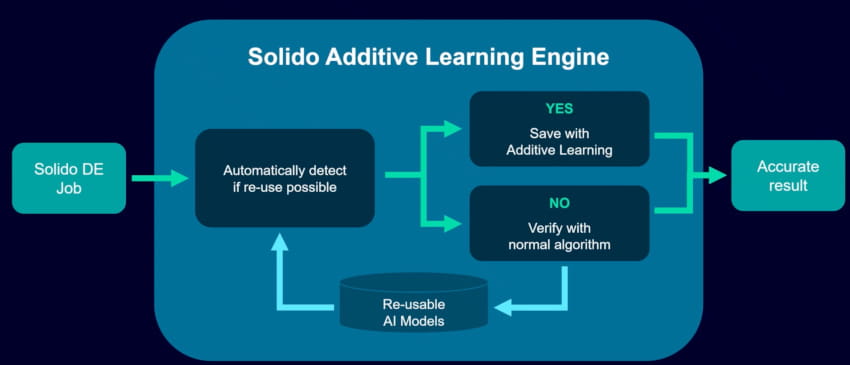 Custom IC Design using Additive LearningCustom IC design has demanding technical requirements to…Read More
Custom IC Design using Additive LearningCustom IC design has demanding technical requirements to…Read MoreSynopsys discusses the challenges of embedded vision processing
Before the advent of convolutional neural networks (CNN), image processing was done with algorithms like HOG, SIFT and SURF. This kind of work was frequently done in data centers and server farms. To facilitate mobile and embedded processing a new class of processors was developed – the vision processor. In addition to doing a … Read More
Electronic Design for Self-Driving Cars Center-Stage at DVCon India
The fourth installment of DVCon India took place in Bangalore, September 14-15. As customary, it was hosted in the Leela Palace, a luxurious and tranquil resort in the center of Bangalore, and an excellent venue to host the popular event.
As reported in my previous DVCon India trip reports, the daily and evening traffic in Bangalore… Read More
1st Annual International Conference, Semiconductors ISO 26262
When we talk about the promise of ADAS and autonomous cars then along the way we also hear about this functional safety standard called ISO 26262 which semiconductor companies all pay close attention to. I recently learned about a new conference called Semiconductors ISO 26262, scheduled for December 5-7 in Munich, Germany. The… Read More
ARM Security Update for the IoT
Despite all the enthusiastic discussion about security in the IoT and a healthy market in providers of solutions for the same, it is difficult to believe that we are doing more than falling further behind an accelerating problem. Simon Segars echoed this in his keynote speech at ARM TechCon this year. The issue may not be so much in… Read More
The perfect pairing of SOCs and embedded FPGA IP
In life, there are some things that just go together. Imagine the world without peanut butter and jelly, eggs and potatoes, telephones and voicemail, or the internet and search engines. In the world of computing there are many such examples – UARTS and FIFO’s, processor cores and GPU’s, etc. Another trait all these things have is… Read More
Capex Driving Overcapacity?
Semiconductor capital expenditures (cap ex) in 2017 will increase significantly from 2016. In August, Gartner forecast 2017 cap ex growth of 10.2% and IC Insights projected 20.2% growth. SEMI expects spending on semiconductor fabrication equipment will increase 37%. Cap ex growth is primarily driven by increased capacity… Read More
Nvidia’s Pegasus Putsch!
There hasn’t been this much excitement in Munich since the 1920’s. Nvidia’s great pivot was on display at the GPU Technology Conference Munich 2017. Digital dashboards are out and robotaxis are in as Nvidia narrows its focus on the tip of the automotive industry disruption spear.
To be clear, Nvidia is triangulating on the automotive… Read More
Software Defined Networks (on Chip) – NetSpeed Systems and UltraSoC Team Up to Use Embedded Analytics to Enable Next Generation SoCs
NetSpeed Systems is known for their network-on-chip (NoC) IP that enables complex heterogeneous SoC architectures. NetSpeed IP supports both non-coherent and coherent memory and I/O schemes as well as configurable, customized last level cache optimization through their Orion, Gemini and Pegasus IP respectively. They are… Read More
Arm 2017 TechCon Keynote Simon Segar!
Now that the dust has settled with the Softbank acquisition I must say that Arm is truly a different company. There are now a lot of new faces from outside the semiconductor industry, which is a good thing, and a lot less stress from Wall Street which is an even better thing. Simon can now wear whatever he wants without the worry of lowering… Read More


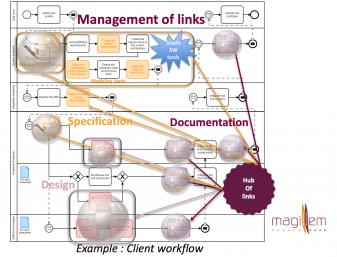
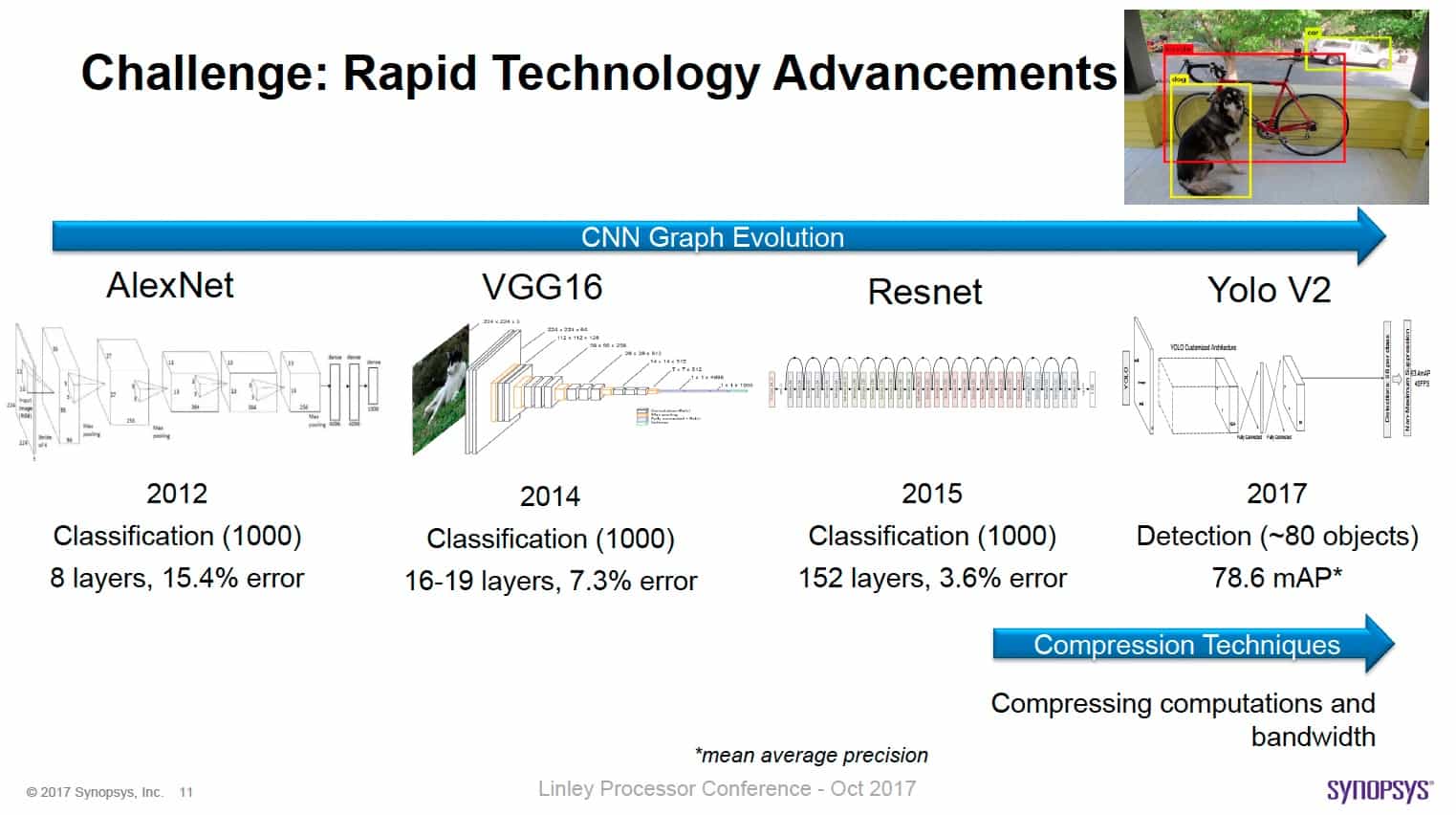
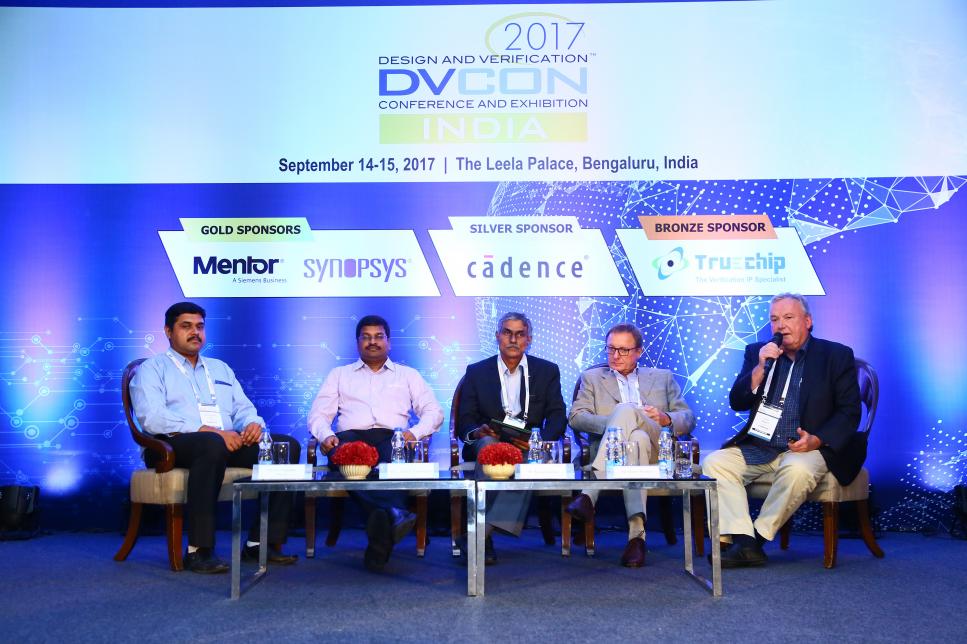


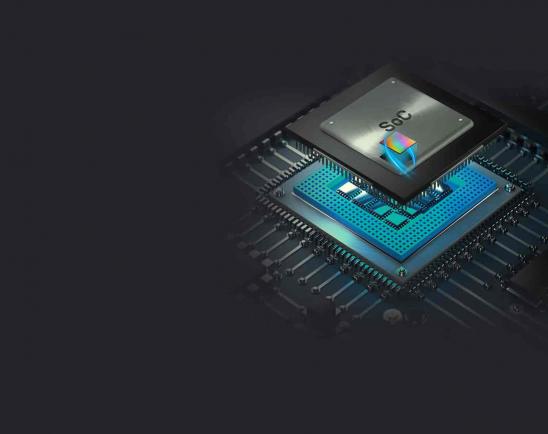
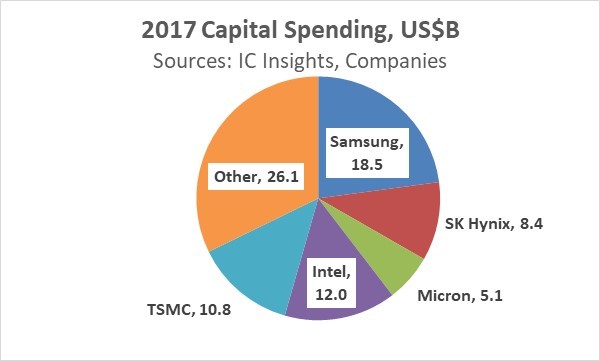
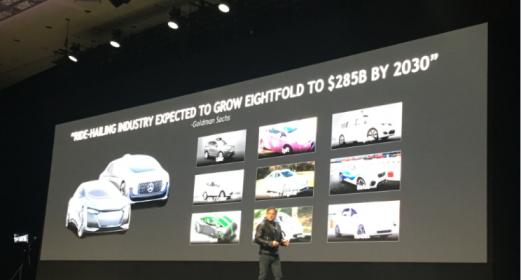
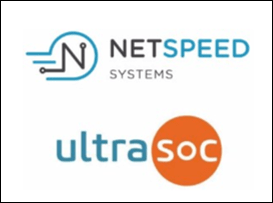

TSMC Process Simplification for Advanced Nodes